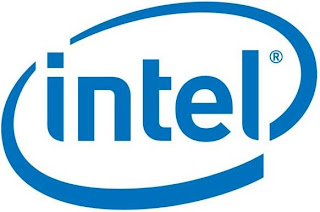The promising future is what manufacturers are jubilant about. Apart from being an answer to the prayers of an increasing number of globe trotting managers, device manufacturers are looking to capture the vast middle-level market through price reduction. Moreover, upcoming iPhone seems to be creating hushed  expectations to trigger a mass reform in the smart phone market.
expectations to trigger a mass reform in the smart phone market.
The booming market seems to be good news for players like RIM, Nokia, iMate, High Tech Computer (HTC) that battle each other head on for a lead position. Meanwhile another battle that rages is that of the Operating Systems with major players being Linux & Windows.
 expectations to trigger a mass reform in the smart phone market.
expectations to trigger a mass reform in the smart phone market.The booming market seems to be good news for players like RIM, Nokia, iMate, High Tech Computer (HTC) that battle each other head on for a lead position. Meanwhile another battle that rages is that of the Operating Systems with major players being Linux & Windows.
Manufacturers are also very optimistic about Indian markets. This optimism has been caught on by Bharti Airtel which after a tie-up with Blackberry has now bagged an alliance with smart phone manufacturer High Tech Computer. IDC claims that the Indian scene sees Nokia leading the way in the battle with Blackberry following close behind with a market market share of 11.4%. Whether the leaders would maintain their position remains to be seen as the players like iMate & HTC aren’t about to sit back and accept defeat. The battle has just begun!
For Complete IIPM Article, Click on IIPM Article
Source: IIPM Editorial, 2006
An IIPM and Management Guru Prof. Arindam Chaudhuri's Initiative
Source: IIPM Editorial, 2006
An IIPM and Management Guru Prof. Arindam Chaudhuri's Initiative
Home Campus Tour Contact Us Sitemap IIPM Think Tank IIPM National Brochure IIPM in Media India Today & Tomorrow
Strategic Alliance / Consulting / Intellectual Tic-up Partners Arindam chaudhuri GIDF Planman Consulting Business & Economy 4Ps Business & Marketing The Sunday Indian The Daily Indian Kkoooljobs.com
Strategic Alliance / Consulting / Intellectual Tic-up Partners Arindam chaudhuri GIDF Planman Consulting Business & Economy 4Ps Business & Marketing The Sunday Indian The Daily Indian Kkoooljobs.com



